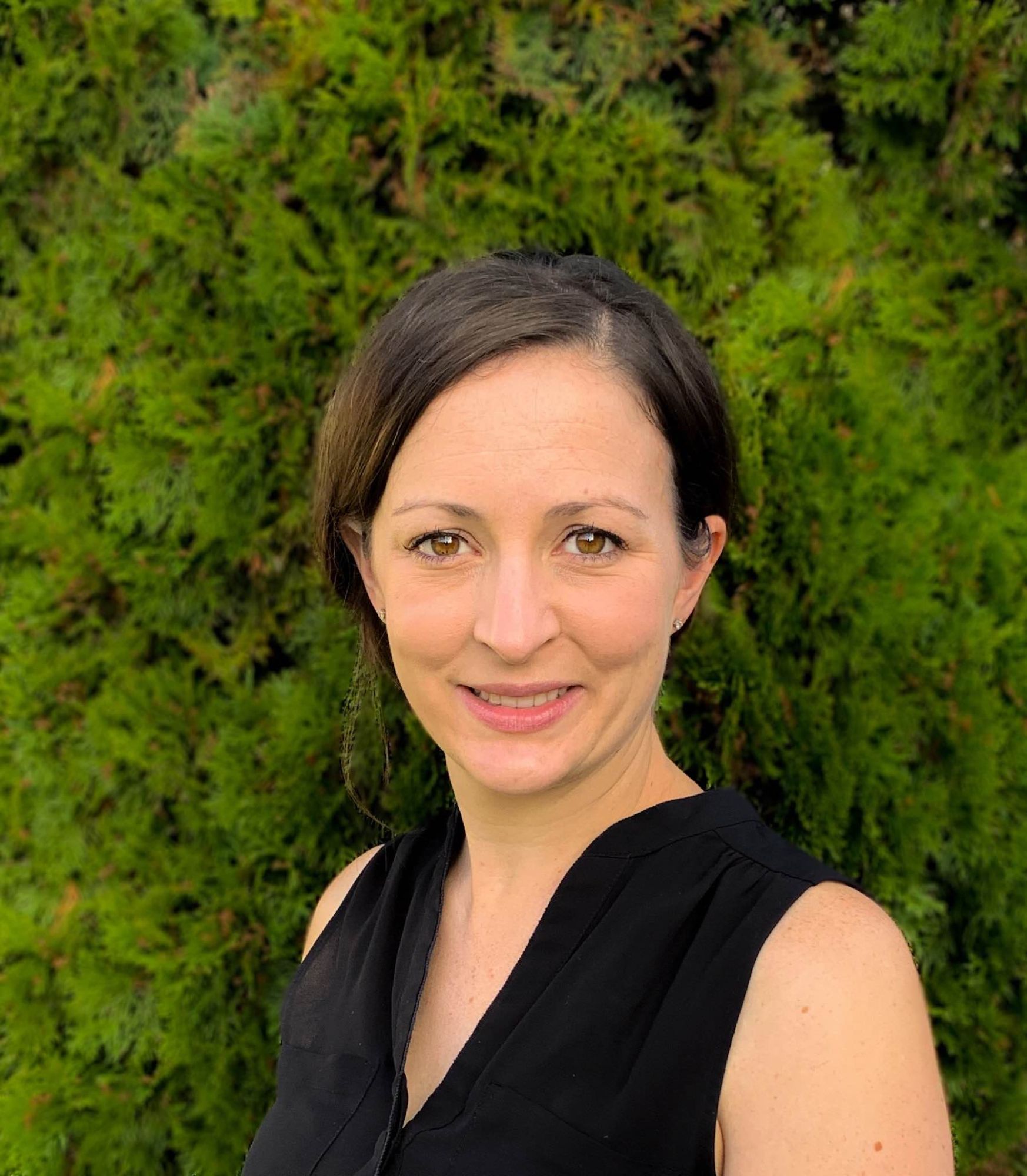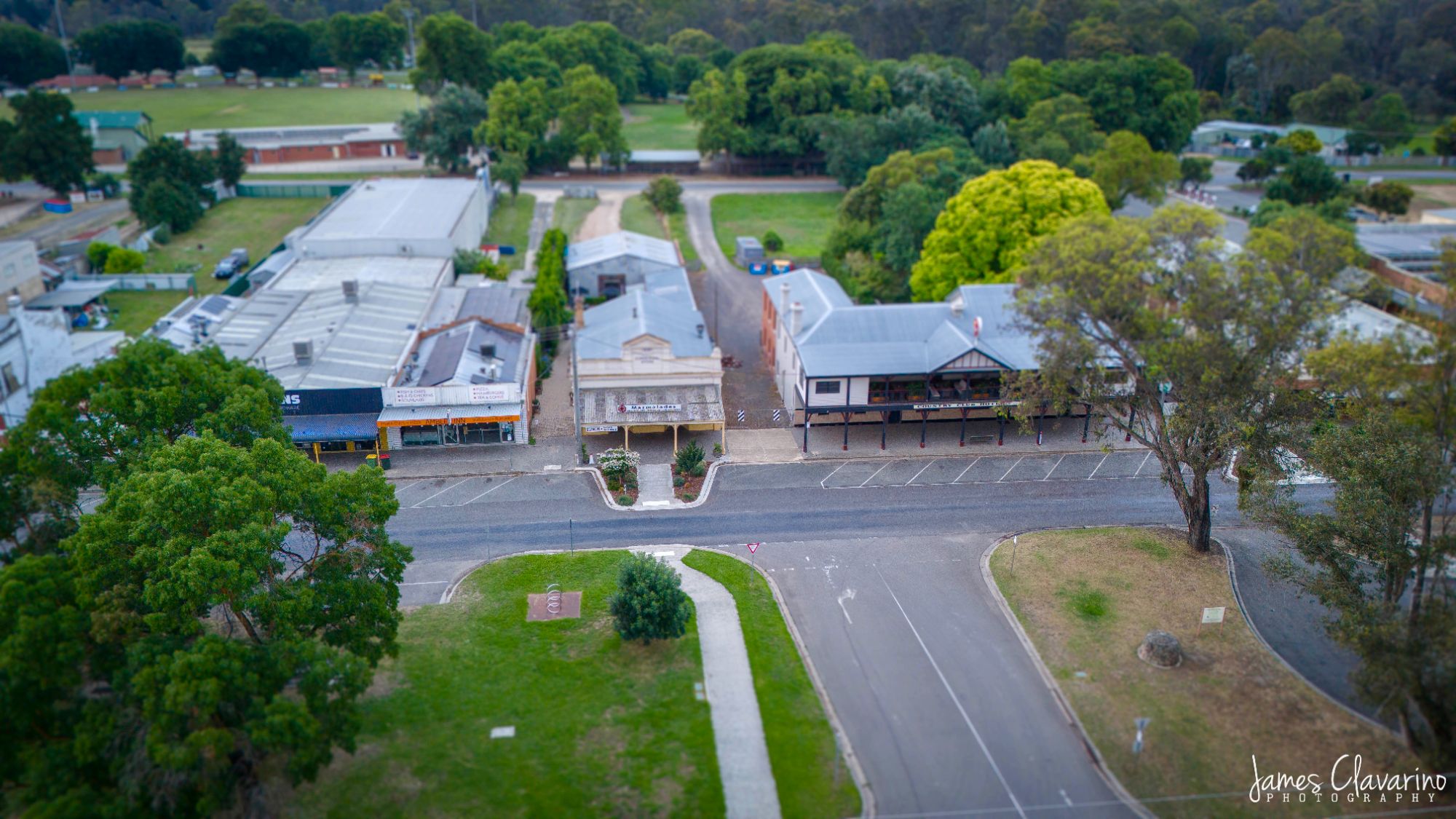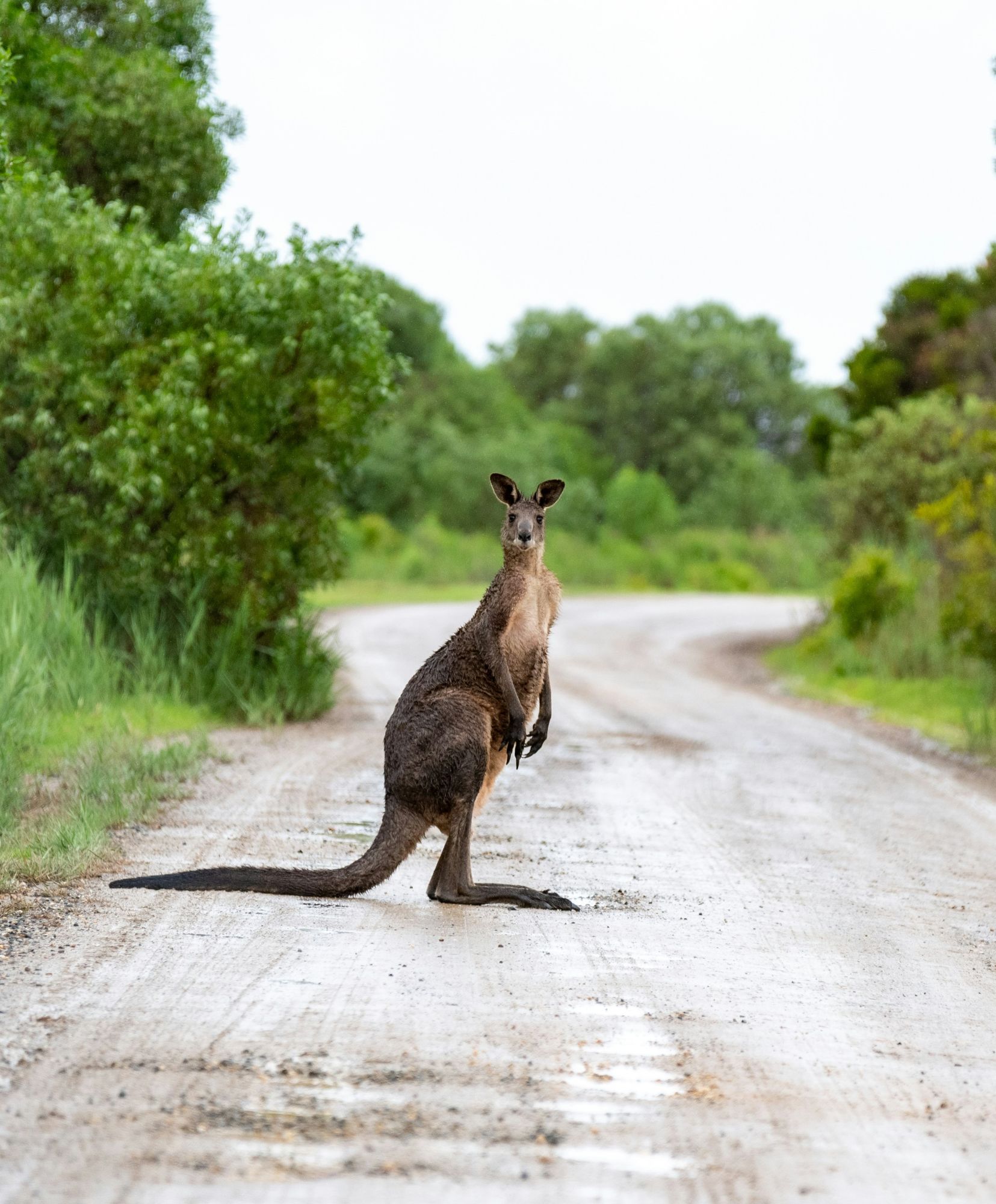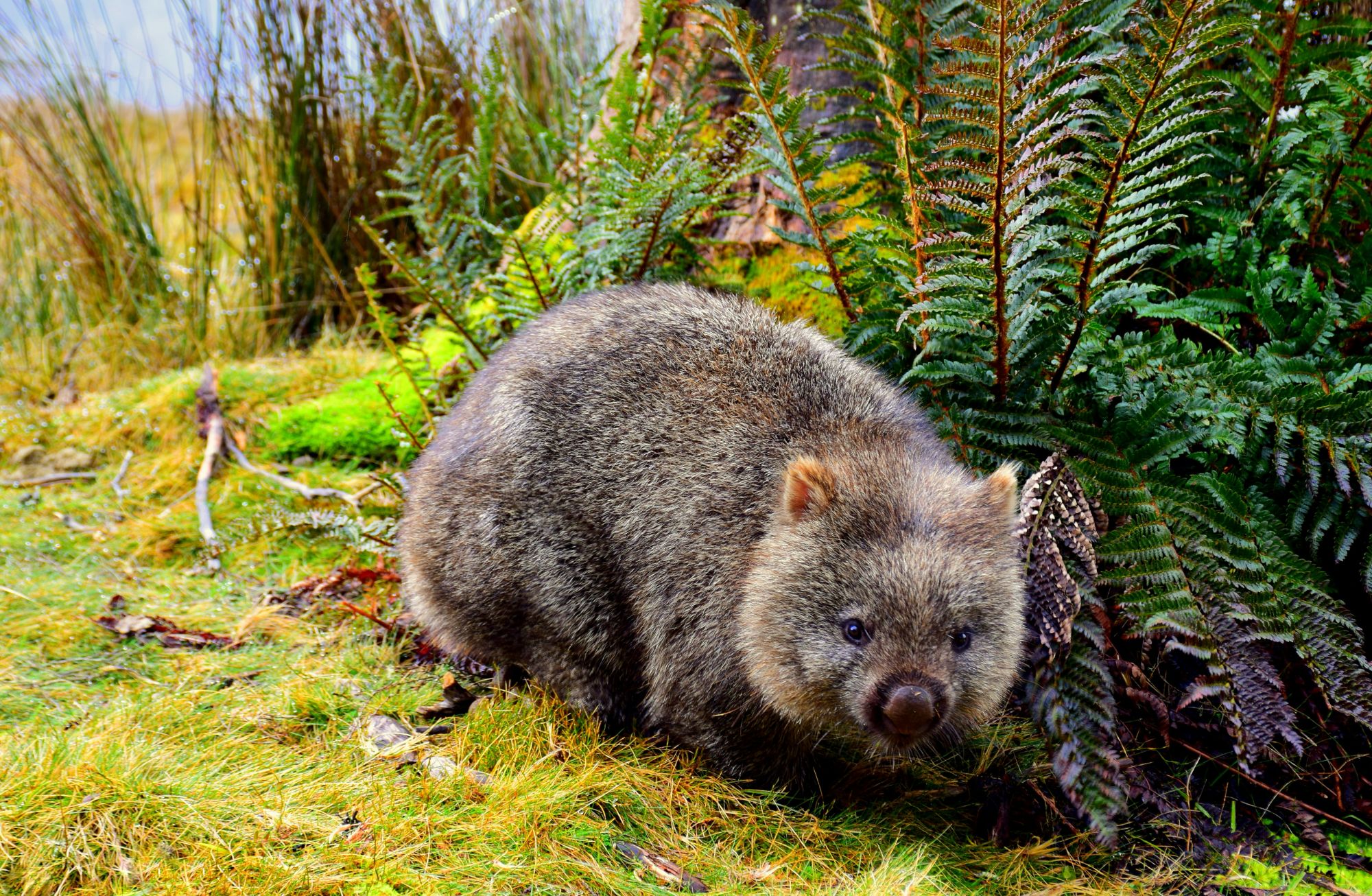Dietetics Down Under: a rural experience

Georgina is an experienced Registered Dietitian in the UK and an Accredited Practising Dietitian in Australia. Here she tells us about her experience working in a small patient-centred hospital where distance and heat are key factors in dietetic management.
Georgina Knox, RD
Specialist Dietitian - Neurorehabilitation

After graduating from King’s College London, I started the process towards becoming an APD (Accredited Practising Dietitian). I set off to try out dietetics in Australia and live with my Australian partner. The APD program was similar to my UK degree content, other than some country and population-specific information and guidelines and it included a food service module.
As a new RD and APD, I secured a job as the sole dietitian for Yea & District Memorial Hospital (YDMH). Yea is a town in Victoria, Australia, 70 miles North-East of Melbourne and was approximately an hour’s drive from where we were living. The previous dietitian had already left the post and more funding had been secured to increase the role to three days per week. I was given the privilege of working out how best to set up the days to cover outpatients, diabetes MDT meetings, inpatients, aged care, food service and eventually, student placements and Food Safety Supervisor responsibilities. A huge responsibility as a new graduate and such an interesting mix! Photo: Yea High Street, Victoria, Australia - with permission from James Clavarino
Local considerations
Yea has a population of approximately 1100, so professionals often knew the locals personally. Through the outpatient clinics, I learnt from the patients about their ‘tucker’ intake during the ‘smoko’ morning work break, navigating deadly snakes on their properties, it truly being ‘too hot’ to go for a walk and lots of safety considerations for patients living on big isolated properties. This led to great diabetes MDTs discussing how we could balance optimising diabetes control whilst maintaining safety, especially with the risk of hypoglycaemia.
Dietary intake was commonly fairly carbohydrate-dense, with traditional home-cooked meals on the farm. YDMH also provided a Meals on Wheels service for those in need.
I was incredibly well supported by strong leadership and Community Health teams and encouraged to take on many professional development activities. I attended the quarterly regional dietetics meetings, often up to a three-hour drive away, sometimes with kangaroo views from the meeting room! Having a strong regional network when working in a sole post, was so important for both clinical and logistical queries. I also worked very closely with Clinical Nurse Educators working for companies providing enteral nutrition feeds or supplies. Knowing who to contact when a feed, tube or equipment was required at short notice was imperative with a rural location.

The care at YDMH was very patient-centered. Patients were only discharged when they were safe and ready. As a small hospital, care was very personalised and many patients quite looked forward to staying at YDMH!
Photo: Graham Holtshausen - Unsplash
Snakes and wombats!

My fondest memories of Yea include:
- Seeing the wildlife on my country drive. Kangaroos, echidnas, wombats and deer would often greet me on route.
- The home-like feel of a small hospital and so many friendly faces.
- Being treated to a ‘birthday morning tea’ every year, hosted by the Acute Nurse Unit Manager.
- Being given endless quality improvement opportunities, such as introducing texture-modified moulds with the head cook, setting up student placements and implementing a malnutrition screening tool.
- Seeing blue tongue lizards on the path from my office to the hospital building, often thinking I had seen a snake.
Photo: Michael Jerrard - Unsplash
From small beginnings...
I took on another two-day role at a second larger rural hospital, with a dialysis unit. I also completed monthly weekend shifts at a major community hospital to remain up-to-date with the practices of a large dietetics department. I continued working in Australia for eight years, until returning to the UK to start a family and to try out some new dietetics roles. Overall, I found dietetics in Australia to be of a very high standard, with great resources available for dietitians and a strong research focus.
My Australian dietetics experience is something I will always be grateful for, professionally and personally. Not all new graduates are prepared to consider rural work, but taking on the opportunity at Yea allowed me to secure the other roles in Victoria afterwards. We have also been lucky enough to see every state in Australia, due to living and working there for so long. The varied experience I had there allowed me to step into an enjoyable and varied locum role on my return to the UK, despite having had no previous NHS work experience. I then entered the world of private dietetics, supporting clients after a catastrophic injury.
Having the confidence to try new things, to ask for help if unsure and to continually strive to learn and improve has been essential to ensure success throughout my dietetics journey. My journey has led me to run my own dietetics business in the UK and I now specialise in supporting adult clients with a brain injury in the private setting and juggle this with being a Mum of two young children. I strongly encourage anyone considering something different in dietetics, to absolutely give it a go and see where it takes you.
Georgina Knox, RD
Georgina is an experienced Registered Dietitian (UK) and Accredited Practising Dietitian (Australia). She specialises in Neurorehabilitation, predominantly supporting adult clients with Acquired Brain Injury. She has a particular interest in taste and smell loss.
